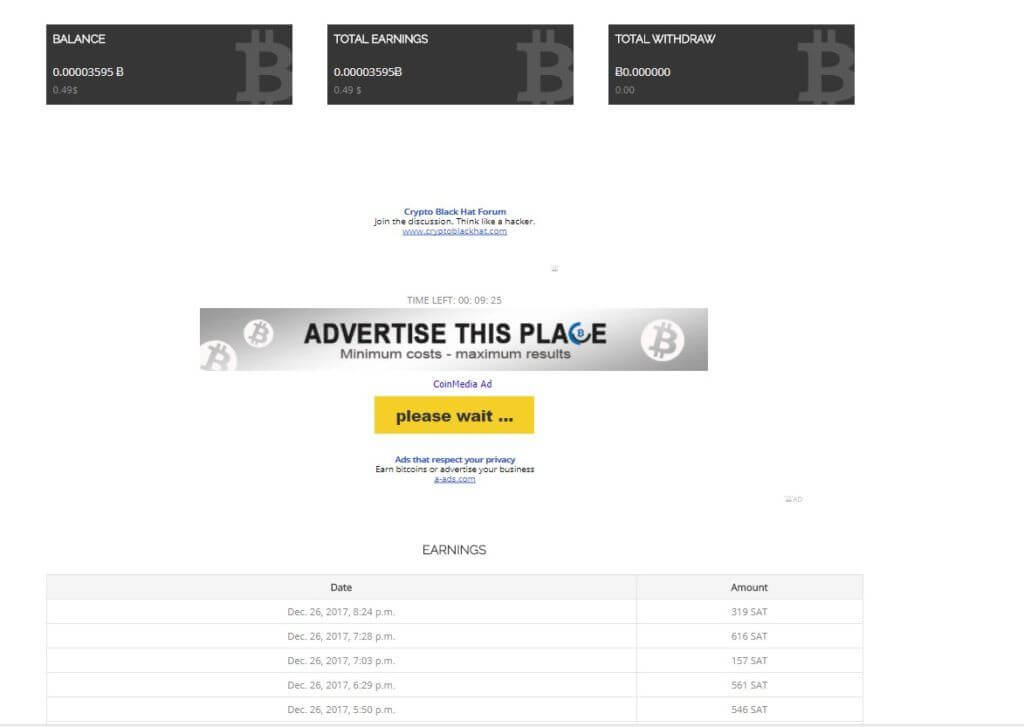Is Bitcoin Lottery Legal

Bitcoin Lottery Mining

Is gambling with bitcoin legal?
Bitcoin is an innovative payment network and a new kind of money. Find all you need to know and get started with Bitcoin on bitcoin.org. Bitcoin.org is a community funded project, donations are appreciated and used to improve the website. To sum it up, online gambling with BTC in the United States is legal, especially if you play on websites registered outside the US just to be safe. However, you should consider the following things: whether online betting is legal in your state, whether Bitcoin is allowed as a payment option, and whether you need a license to transfer or accept it.
The legality of online gambling is a gray area in several parts of the world. Some countries have no restrictions against online gambling, but other nations are staunchly opposed to internet gambling. Some of the countries that have either banned online gambling or placed restrictions on it include the following nations:
- Bitcoin.com Lottery is owned and operated by Saint Bitts LLC. Registration information. I accept the Terms and Conditions. Create an account By creating a new account I accept the terms and conditions, the privacy policy and confirm that I am over 18 years of age.
- Are Bitcoin Lotteries Legal? Although, when it comes to online gambling laws, few things are crystal clear. I’m by no means an expert in online gambling laws, but I can still say that for most of you playing online bitcoin lotteries is legal. Why it’s legal comes down to two things.
- Despite most governments do not recognize Bitcoin as a currency, all those restrictions and existing laws relating to online and mobile gambling apply to bitcoin gambling. If online gambling with fiat money is illegal in your jurisdiction, then it is also illegal with BTC.
Australia
Imposed in 2001, the Interactive Gambling Act (IGA) makes it illegal for companies to provide online gambling services to residents of Australia. The IGA targets both offshore and Australia providers of internet gambling services. Some concessions are made for online sports betting providers since it’s not illegal to offer internet sports betting to Australian residents. It is also totally legal for Australian residents to engage in online gambling so long as they are not a provider.
China
China does not allow internet or land-based gambling throughout their country. The only form of gambling that’s legal in China is the national lottery, but this doesn’t offer an online option due to internet scams involving fake lottery sites. Macau, which is a special administrative area of China, is the lone territory where Chinese citizens can go to gamble; however, the government has made it hard for people to get a visa to Macau.
India
Online gambling is neither legal nor illegal in India; instead, it is a silent issue. However, the state of Maharashtra has banned online gambling through the Bombay Wager Act.
Israel
Israel’s gambling legislation (Israeli Penal Law 5737 – 1977) makes land-based and online games of chance illegal in the nation of Israel. The only exceptions to this law are the Israel Lottery and the Israeli Commission for Sports Gambling; both freely offer their services to Israel residents.
Malaysia
Internet gambling operators are not allowed to offer their services to Malaysians by law. Companies that do allow Malaysians to gamble through their online site can be prosecuted. Banks are not supposed to allow residents of Malaysia to authorize any online gambling-related transactions either. Despite the anti-online gambling legislation in place, Malaysia has had a tough time preventing residents from gambling over the internet.

Russia
While Russia has moved all land-based gambling to four remote areas of the country, online gambling is not a clear-cut issue. Russia prohibits its residents from gambling online, but some companies still offer their services to Russians.
Turkey
Turkish legislation makes it illegal for both residents to engage in online gambling and for companies to offer their services to Turkey.
United States
The Unlawful Internet Gambling Enforcement Act (UIGEA) makes financial transactions from banks to online gambling websites illegal. It also prohibits credit card providers from allowing transactions to internet gambling sites. Since the UIGEA was signed into effect in 2006, there have been numerous challenges to the law by US House of Representatives member Barney Frank. And numerous online gambling companies have chosen to ignore the law since they still over services to American gamblers.
United States/Antigua and Barbuda Debate
Antigua and Barbuda, which is one of the world’s biggest providers of online gambling licenses, has made several appeals to the World Trade Organization (WTO) regarding the United States’ anti-online gambling laws. The United States’ Wire Act and several other anti-gambling laws were ruled to be in violation of the WTO General Agreement on Trade in Services (GATS) as a result of the appeals. Since the ruling, the United States has done nothing to make amends to their anti-gambling laws. This caused Antigua and Barguda to file a claim with the WTO for $3.4 billion in 2007; the matter is still being debated.
Despite most governments do not recognize Bitcoin as a currency, all those restrictions and existing laws relating to online and mobile gambling apply to bitcoin gambling.If online gambling with fiat money is illegal in your jurisdiction, then it is also illegal with BTC.
What Is Bitcoin Lottery
Bitcoin is an innovative payment network and a new kind of money.

Get started with Bitcoin
Bitcoin uses peer-to-peer technology to operate with no central authority or banks; managing transactions and the issuing of bitcoins is carried out collectively by the network. Bitcoin is open-source; its design is public, nobody owns or controls Bitcoin and everyone can take part. Through many of its unique properties, Bitcoin allows exciting uses that could not be covered by any previous payment system.
Are Bitcoin Illegal
Fast peer-to-peer transactions
Worldwide payments
Low processing fees